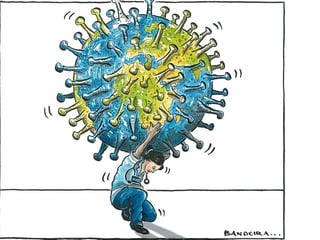Coronavirus and why we must not become too socially distant – Bishop of Ripon
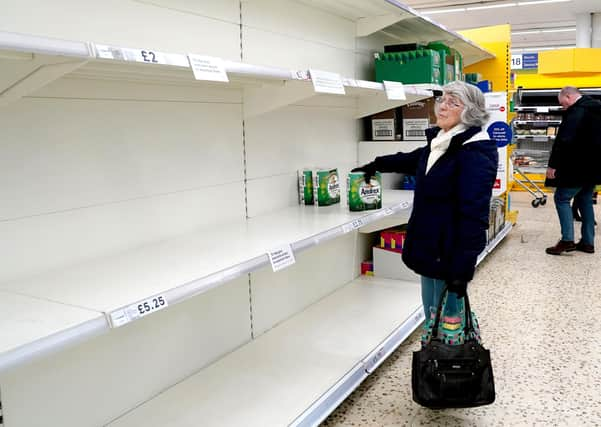

The reflections that followed raised some interesting points: roads would become clogged with people stopping to look at maps; emergency services would struggle to locate the emergencies they were responding to; delays would occur at ports.
Did you know that cranes need GPS to unload ships?
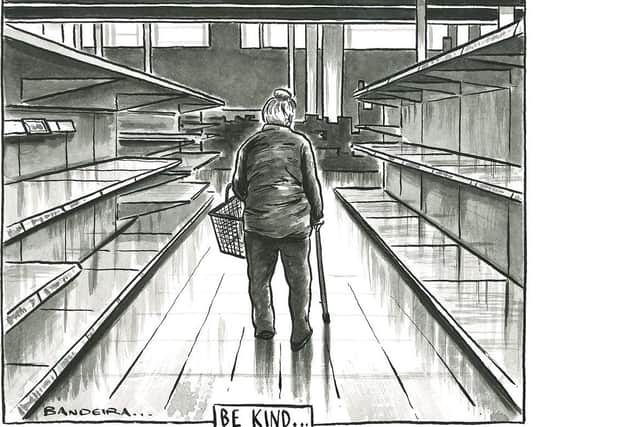

I certainly rely on GPS quite a lot to get around the large patch of North Yorkshire (and a bit of Lancashire) that comes with the role of being Bishop of Ripon.
Advertisement
Hide AdAdvertisement
Hide AdI have learnt the hard way that rural postcodes aren’t much help, and I have been known on occasion to be standing in interesting locations with my mobile phone at an equally interesting angle trying to obtain a signal to assist with my search for where I am meant to be.
GPS isn’t just about location though, it’s also about time, because GPS satellites make calculations about locations based on the time a signal is sent from your phone to the satellite.
A fraction of a second out could place a location hundreds of miles away from where you are.
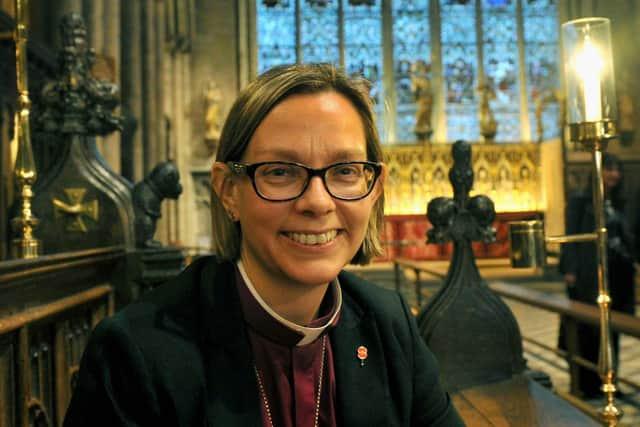

There’s not a lot of margin for error.
I don’t tend to rely on GPS when I am out for a morning run.
Advertisement
Hide AdAdvertisement
Hide AdI find I am tuned in to my surroundings in a different way.
I feel the wind, the rain, the cold air, the pockets of sunshine that peek through the clouds lighting up the banks of daffodils that herald the hope of spring.
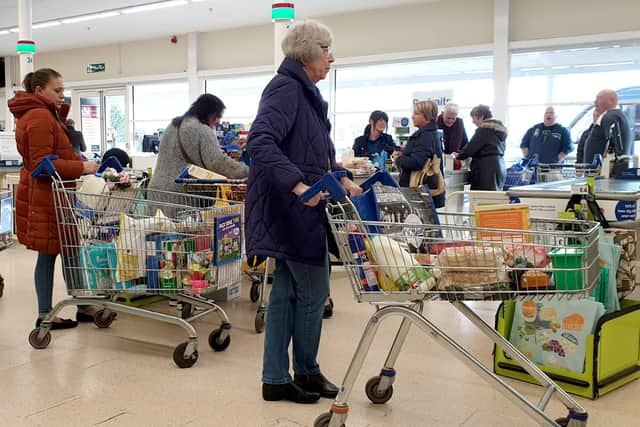

I hear the sounds of traffic, and when I reach a certain part of the run, the honks of geese and ducks on the Ripon City Wetlands cry out for my attention.
On a recent run I became aware of a very loud bleating noise.
Advertisement
Hide AdAdvertisement
Hide AdIt’s lambing time, so that came as no surprise, but the noise level did stop me in my tracks (I was quite glad of a break, as it happens).
I looked across the canal and saw a lamb crying out for its mother.
The lamb was on one side of the fence, and its mother was some distance on the other side happily munching on some grass.
They were exemplifying good ‘social distancing’ practice it seems, which is a phrase that has entered our vocabulary in recent days.
I will return to that in a moment.
Advertisement
Hide AdAdvertisement
Hide AdThere is no doubt that we are living in extraordinary times.
The challenges that we are facing not just as a nation, but as a species are acute.
The shutting down of gatherings, including public acts of worship in church and other buildings for the foreseeable future, is having a profound effect on us all, and from the perspective of my role on small rural communities in particular.
Many of our villages and hamlets are kept going by older generations who bring so much energy and commitment to the task of what I – and others – call ‘growing God’s kingdom’.
Advertisement
Hide AdAdvertisement
Hide AdIf you happen to be using the Lord’s Prayer to help you with your 20-second handwashing, you might recall the petition ‘give us today our daily bread’ which really is about ensuring we have enough to keep us going one just day at a time (toilet-roll hoarders take note).
There is a patient and gracious perseverance in this; a quiet dignity that I see day in, day out in the communities I visit.
Yet these are testing times, and none more so than for small and local businesses.
I was greatly saddened to receive news that our nearest farm shop is closing permanently next week.
Advertisement
Hide AdAdvertisement
Hide AdTheir email announcing what was happening was accompanied by a plea to support local businesses.
Don’t ignore us; don’t stay away if you can. This brings me back to the phrase ‘social distancing’.
A colleague raised an important point about the language we use in a recent meeting about the coronavirus situation.
His suggestion was that we need to talk about ‘physical’ distancing.
This has stuck with me.
Human beings are hard-wired for relationships.
Advertisement
Hide AdAdvertisement
Hide AdWe find our identity in the places where we are born, grow up and live, in the communities of which we are a part.
It is my view that we can remain socially-connected – even if we are physically separated.
Recent days have seen many remarkable acts of kindness: from the young boy using his pocket-money to deliver toilet rolls to neighbours, to postcards put through letter-boxes with contact numbers for those needing shopping or prescriptions.
This is hope, not fear.
This is love, not hate.
This is good news amidst the encircling gloom.
This is social connection, and the strengthening of the common bonds that make us human.
What a time to be alive. Quite.
The Right Reverend Dr Helen-Ann Hartley is the Bishop of Ripon.
Comment Guidelines
National World encourages reader discussion on our stories. User feedback, insights and back-and-forth exchanges add a rich layer of context to reporting. Please review our Community Guidelines before commenting.
